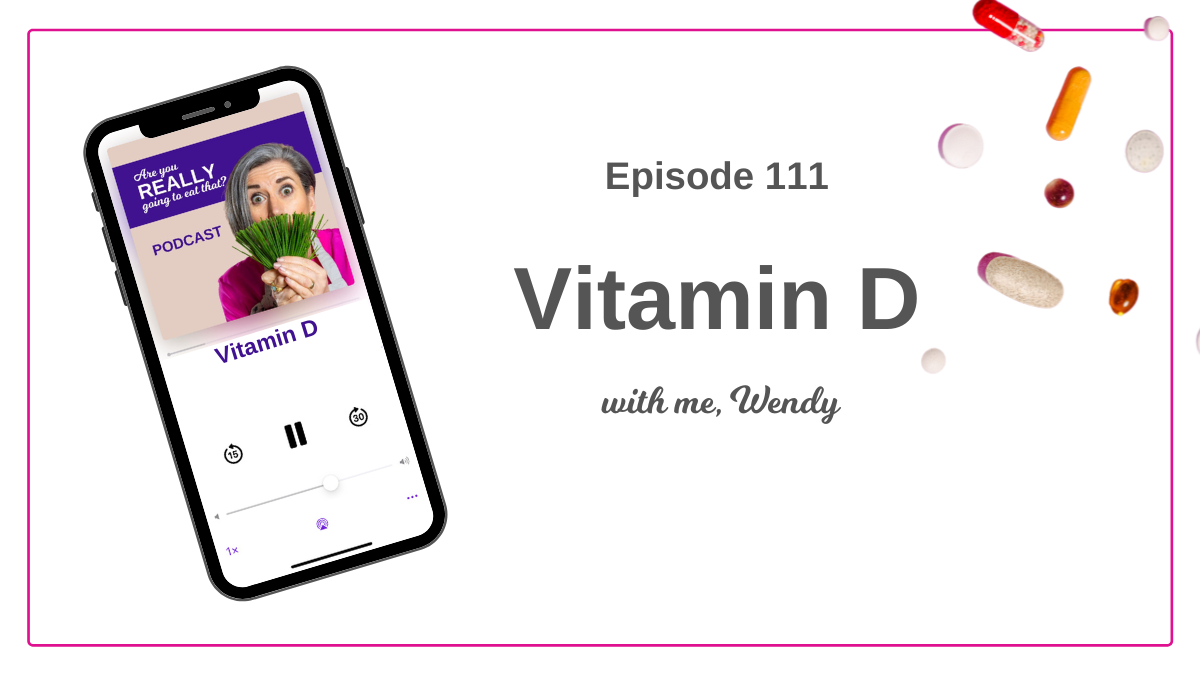At this time of year, I start to talk to my clients (and friends and family and anyone else who will listen!) about vitamin D. Why? That’s what I’m talking about on this week’s podcast episode.
Where do we get vitamin D from?
Vitamin D is an essential nutrient, and it is very difficult to get from our diet. We create vitamin D from UVB sunlight exposure. When the suns ray’s hit cholesterol in the skin, it synthesises to vitamin D. However, in Britain, even if we do get sunlight in the winter months, it’s not at the right angle to get enough UVB rays.
This is why I supplement from autumn to spring, and I recommend that my clients do the same.
What does vitamin D do?
Vitamin D is considered to be a hormone, as it is converted into it’s most active form in the liver and kidneys. It’s role in the body is varied, and low levels have been linked to several health conditions. These include osteoporosis, cancer, depression, muscle weakness and poor immune function.
Vitamin D influences many parts of the body system including:
Calcium
Vitamin D plays a key role in increasing calcium absorption in the small intestine, and reduces calcium excretion in the kidneys. It is these two modes of action that protect bone health, something women in particular need to be mindful of.
Also consider K2 when thinking of calcium, research has shown that a combined K2 & D3 supplement to be more effective. Vitamin K helps to make sure that calcium is deposited where it needs to be in the bones, and not elsewhere such as our arteries. Vitamin K2 supplementation has been shown to lessen fracture risk.
Serotonin
Several studies have linked lower levels of vitamin D to depression. Serotonin is our happy hormone, it stabilises our mood and promotes feelings of well-being. We need vitamin D to be able to convert tryptophan to serotonin.
Immune health
Vitamin D is involved in our innate and our adaptive immune system. There has been lots of research around vitamin D and COVID-19. However, the risk of lower levels on our immune function has been known for many years.
Who is at risk?
Certain factors can increase your risk of reduced levels of vitamin D:
- Living at higher latitude
- The young (under 5)
- Breastfeeding
- The elderly (over 65)
- Poor gut health
- Darker skin
- Health of your liver and kidney
What can you do?
Get tested, and if necessary, supplement with a good quality vitamin D3, preferably with K2. Get outdoors and expose your skin for just 20 minutes a day, to optimise your levels in summer months.
My links
Are you having enough vitamin D?

